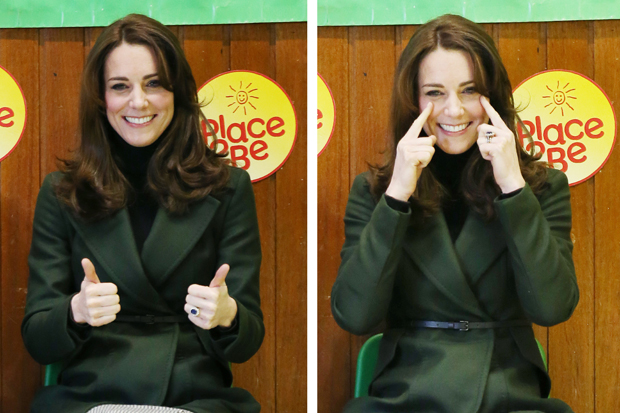Have you ever set your face against a book? This year sees Charlotte Brontë’s bicentenary and the novelist Tracy Chevalier has edited a short-story anthology each based on the climactic line of Jane Eyre — ‘Reader, I married him.’ Everyone knows it. I agreed like a shot because the brief fitted something I had been mulling for a while, and yesterday the handsome finished volume arrived.
Already a subscriber? Log in
Subscribe for just $2 a week
Try a month of The Spectator Australia absolutely free and without commitment. Not only that but – if you choose to continue – you’ll pay just $2 a week for your first year.
- Unlimited access to spectator.com.au and app
- The weekly edition on the Spectator Australia app
- Spectator podcasts and newsletters
- Full access to spectator.co.uk
Unlock this article
Susan Hill’s books include The Woman in Black and the Simon Serrailler mysteries, most recently The Soul of Discretion.
You might disagree with half of it, but you’ll enjoy reading all of it. Try your first month for free, then just $2 a week for the remainder of your first year.















Comments
Don't miss out
Join the conversation with other Spectator Australia readers. Subscribe to leave a comment.
SUBSCRIBEAlready a subscriber? Log in